
The Magic of Reading
Do you want your child to become an avid reader and lifelong learner? Read to and with them, and help them discover the magic of books.

Just a picture? Think again.
Picture walks can provide inspiration for a new reader to be drawn further into the wonders and power of literacy where a lifetime of language and learning awaits.

Monarch Magic
An inquiry into a subject, like the life span of monarch butterflies includes observation, wonder, research, and reflection. This process is the heart of literacy, too, and it’s exactly what new readers do when they open a book and begin to find their way.

Babies Arrive With Windows of Opportunity
Windows of opportunity, like the windows in a house, only provide fresh air when they are open. Babies and children from birth to 5 years old are similar. Really, they are.

Sound the Alarm...Joyfully!
If we each get involved with developing readers in ways that we and they can feel good about, it could make a significant difference in the gentle development of non-readers becoming eager new readers.

How Kids Become Lifelong Shoppers for and Readers of Books
By reading to and with them, adults show children reading is a fun, shared activity. Once kids understand that, they want to “fill and push the cart.”

Practice Makes Perfect?
Despite the old saying that “practice makes perfect,” it’s undeniably true that enjoyable practice always leads to improvement, so we need to help kids enjoy practicing reading.

They’ll See Us Digging
Children and puppies have much in common. Both are likely to try out anything they see adults doing…

Got Reading Comprehension? Pass It On.
The ability to understand book characters’ points of view is fundamental to higher-level reading comprehension. So, how might we teach that to new readers?
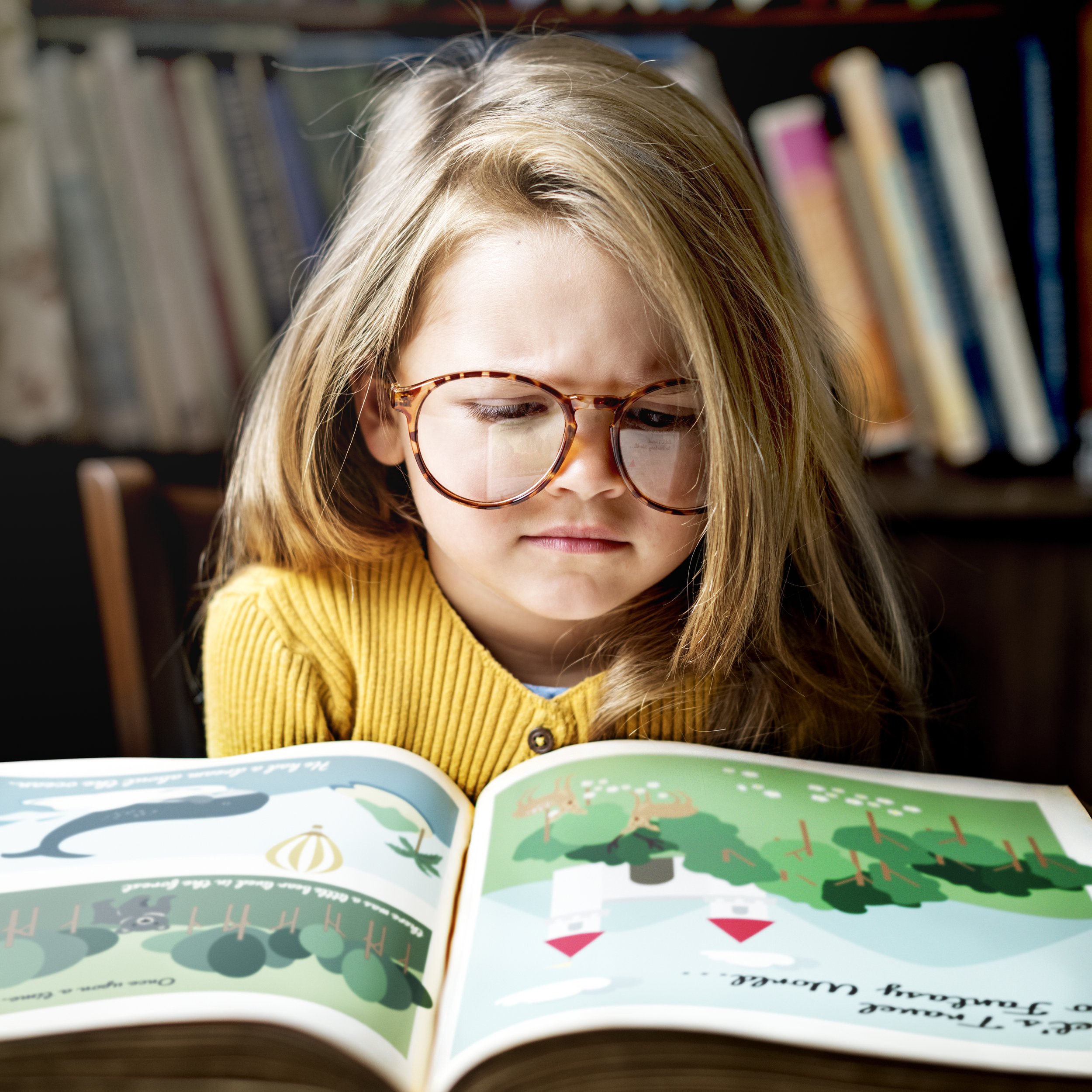
Grinding Through Reading Grit
With each reading event, the grit that is such an important contributor to a child’s tenacity in problem solving and their endurance in getting what they came for can be augmented for even our youngest and least experienced readers.

Listening to Littles Helps Them Know Their Voice Matters
Given the primacy of language in children’s development, one of the historically common ideas that we should all immediately scrub from our thoughts is that children should be seen, but not heard.
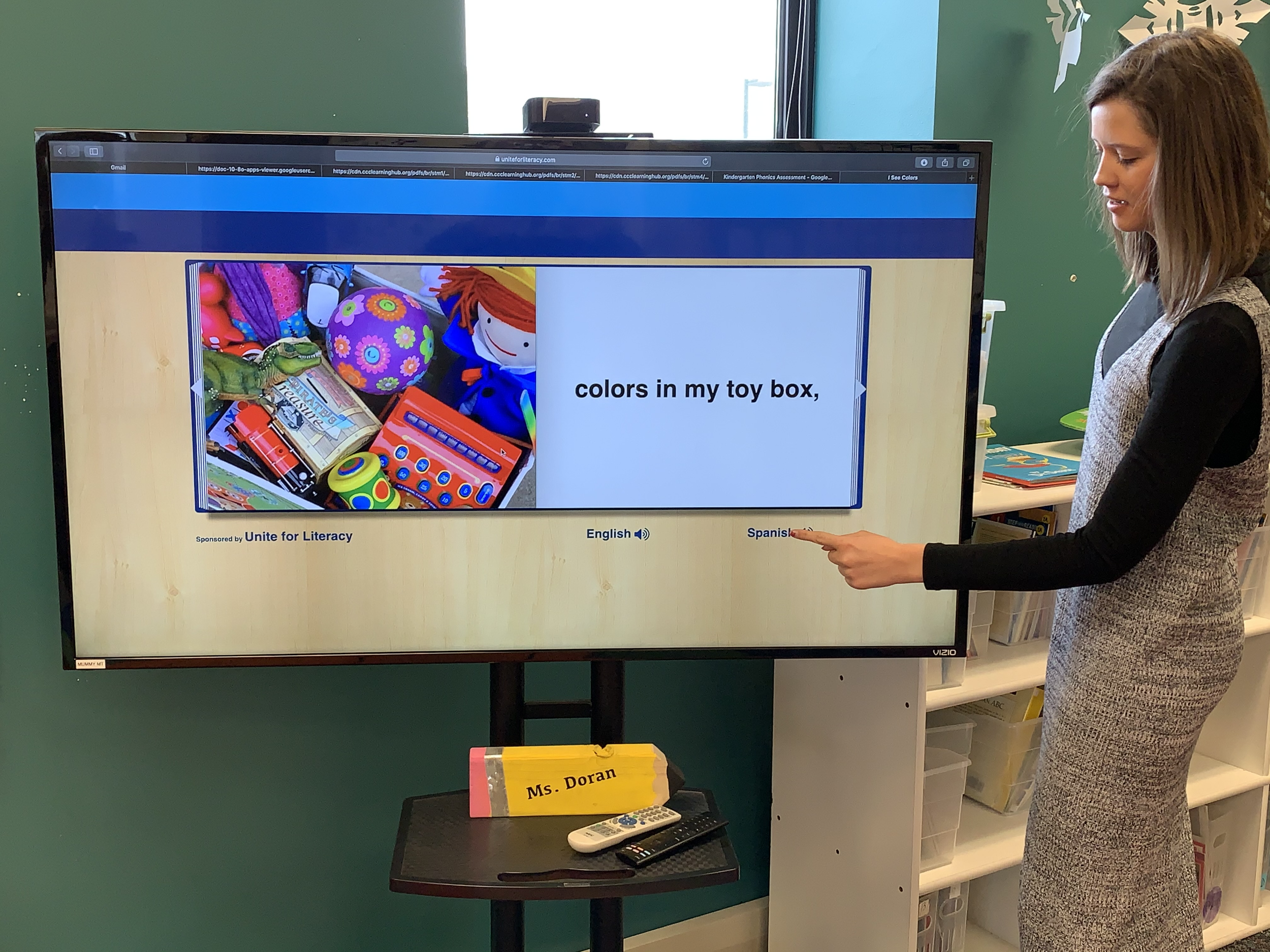
How Are They Going to Get Good at Reading?
Why don’t we see discussions of avid reading in news coverage alongside discussions of reading test scores? And how might one measure a child’s excitement about reading?

It’s Never Too Late to Learn to Read
Supporting a new reader is one of life’s greatest opportunities for personal or professional success. Before you know it, new readers will be finding their own books and joyfully reading them.
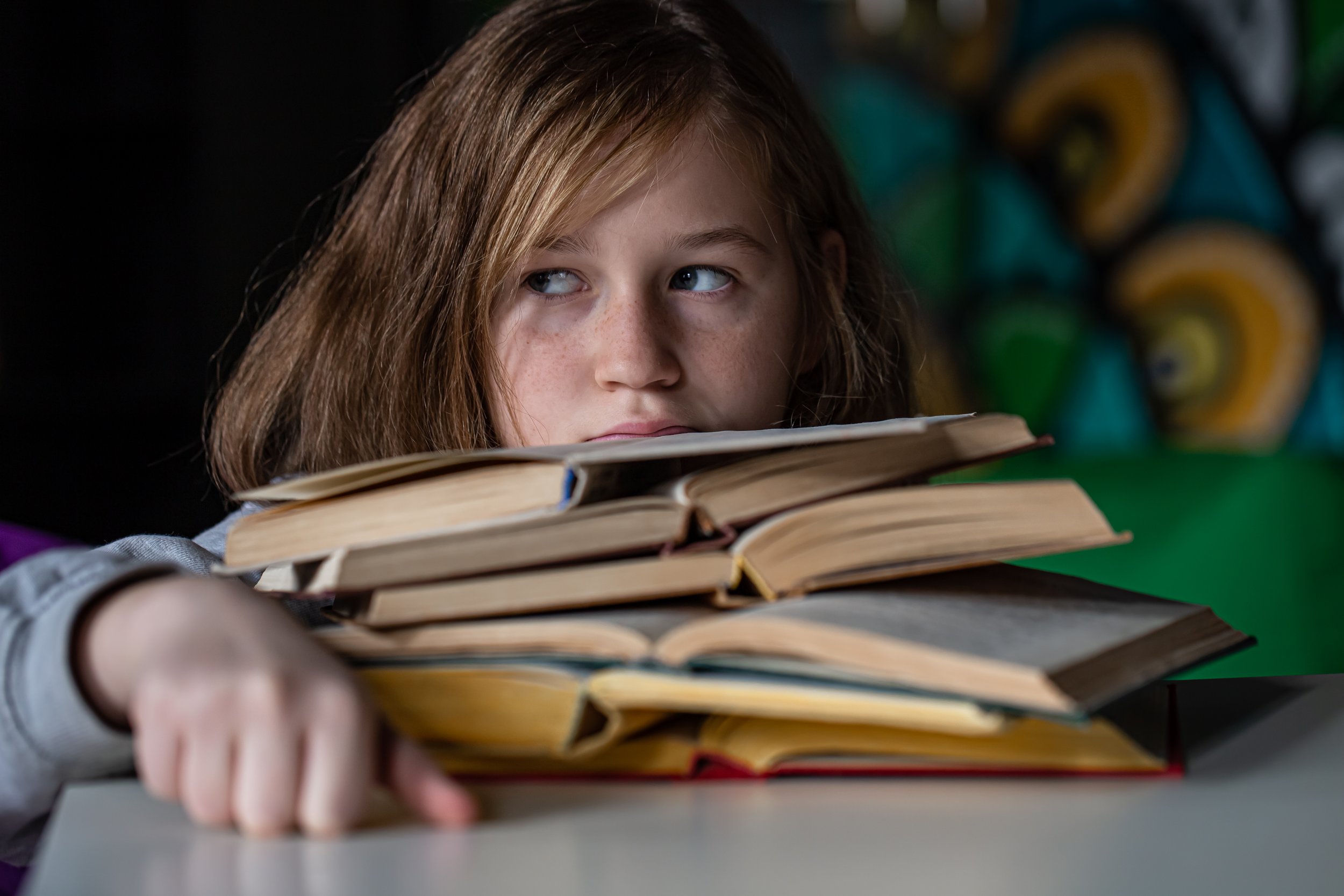
What to Do With Kids Who Can Read, But Don’t
Getting children who can read, but don’t, to become children who can read and do is challenging, but not impossible.

Help New Readers Enjoy Good Books
The key to growing avid readers is to provide new readers with ready access to abundant, relevant, potentially enjoyable books, and then offering encouragement, conversation about the book, and guidance about next steps.
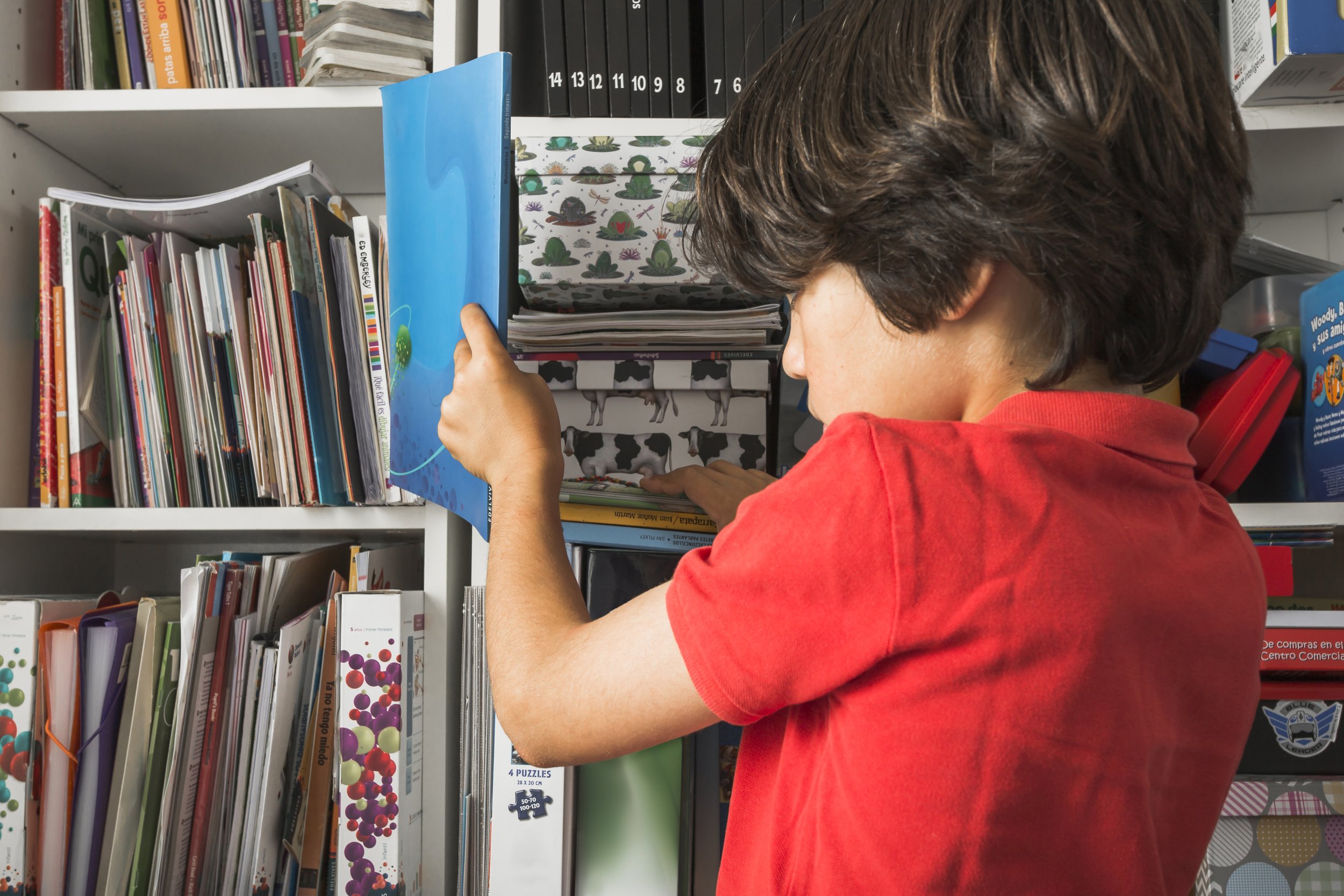
Self-Selected Reading is Its Own Reward
Literacy instruction changes have been cued by National Assessment for Educational Progress test results, however, that doesn’t seem to have improved subsequent test scores or enhanced children's engagements with books. Perhaps we can apply what we know about the habits of avid and capable readers to grow avid readers.

Not Just Letters
Teaching children to read and write with purposeful connection requires that they come to appreciate the fundamental concept of communication: that reading and writing are all about making and sharing meanings.
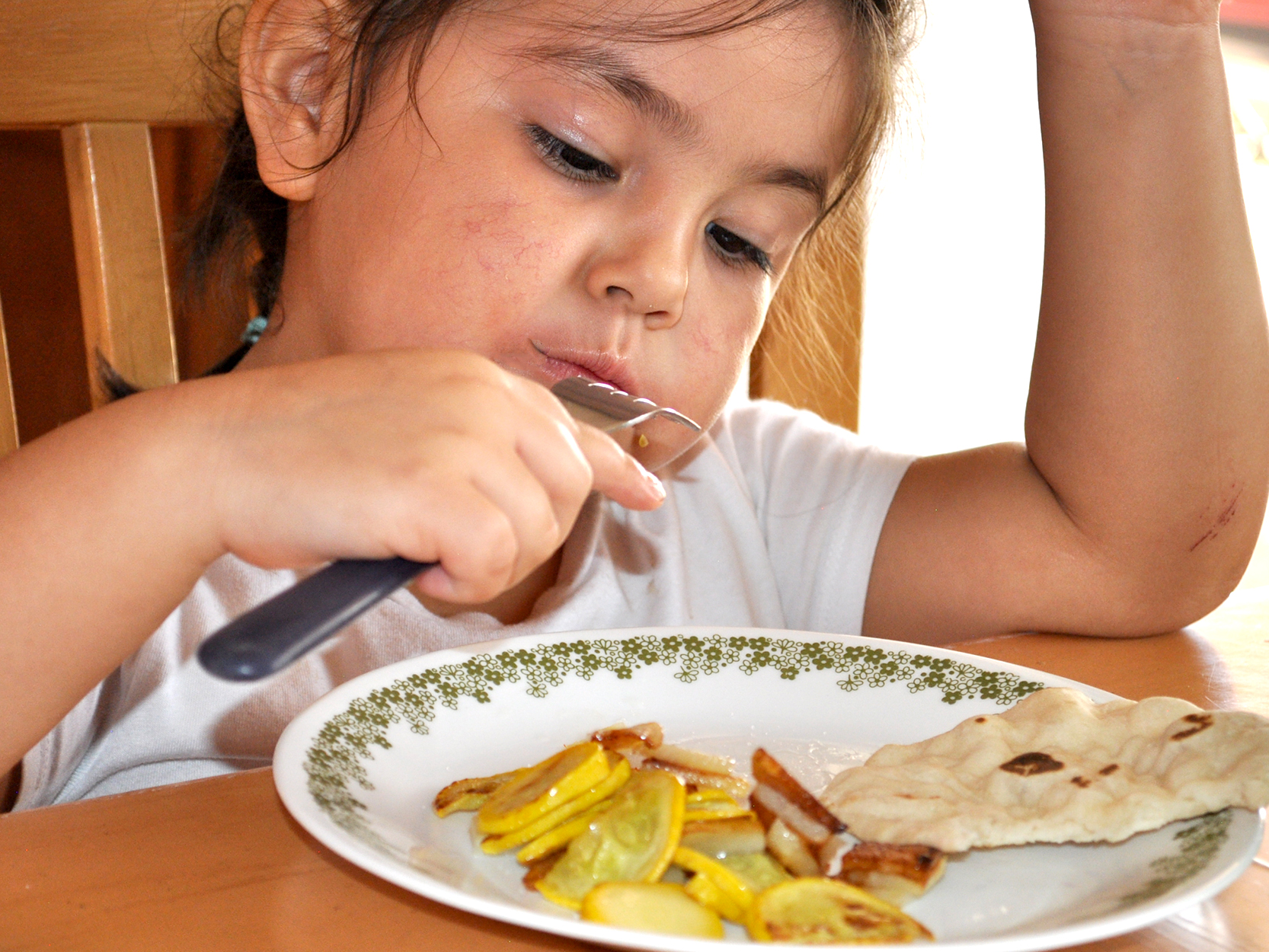
Children Are Tough Customers
Young children like what they like and while being curious about new things, unless they sense some immediate value, they will pretty much ignore our suggestions with hardly a casual wave of the hand. They have no qualms about sharing their disapproval with us. Tough sale!

Are You a Wild Reader?
Wild Readers always have a book going—or maybe several. “Wildies” will read anything when a chance is presented. Our education system should encourage every child to be a wild reader by allowing them to choose reading material that interests them.

Over and Over and OVER Again
Abundant research studies exist about the fabulous benefits of repeatedly and expressively reading any well-chosen book to children.
